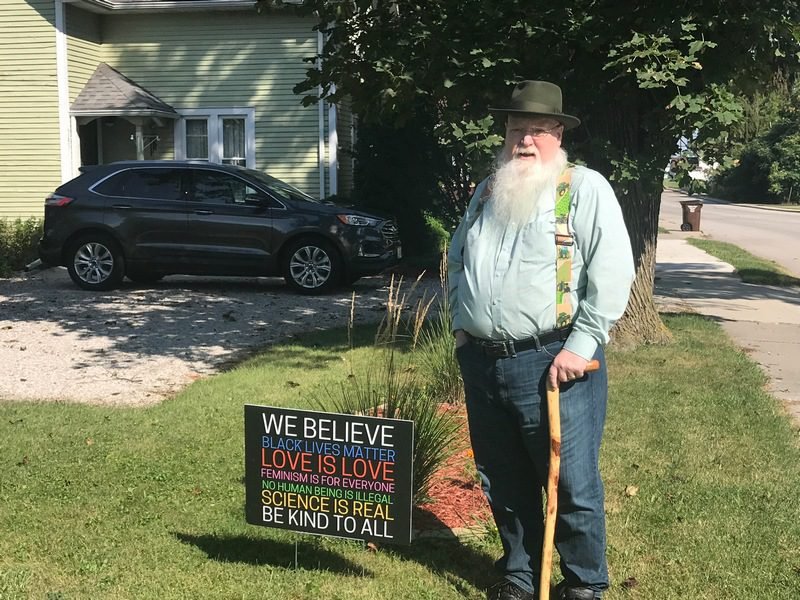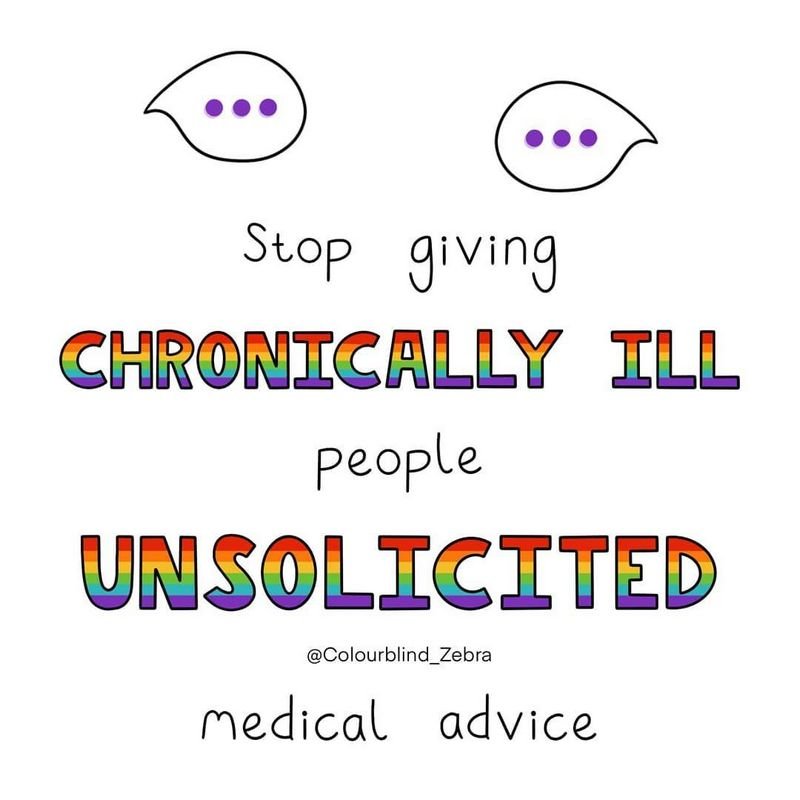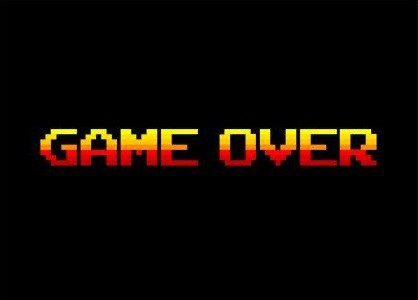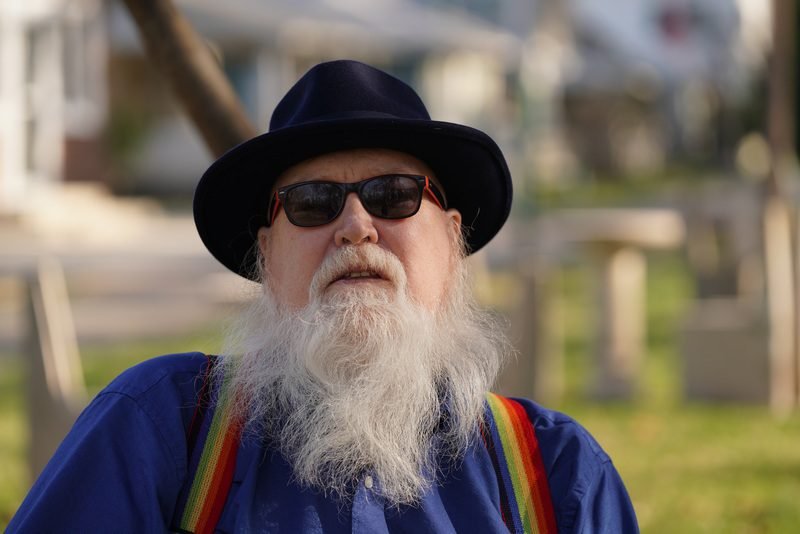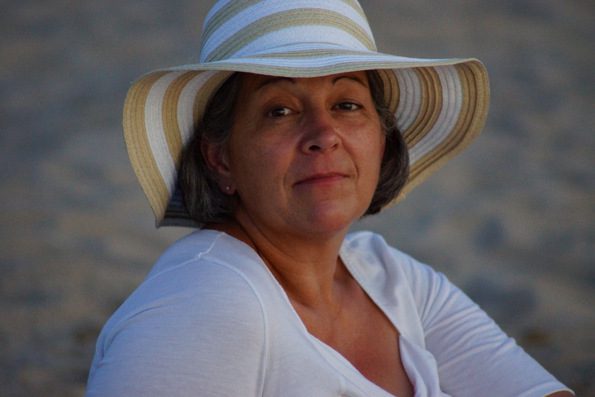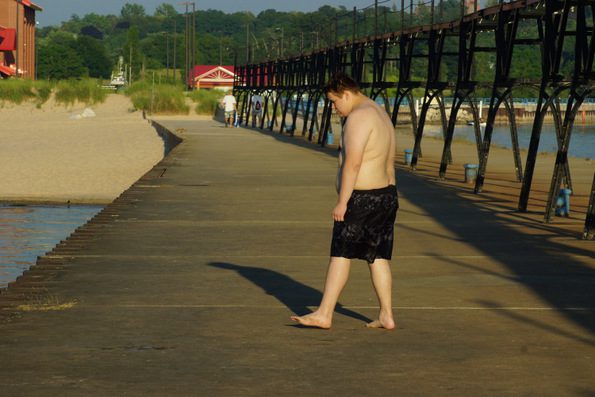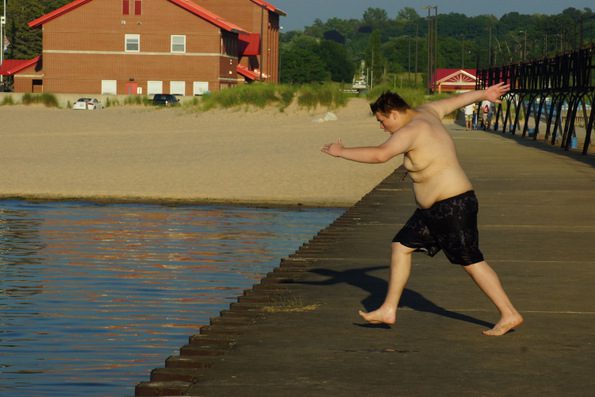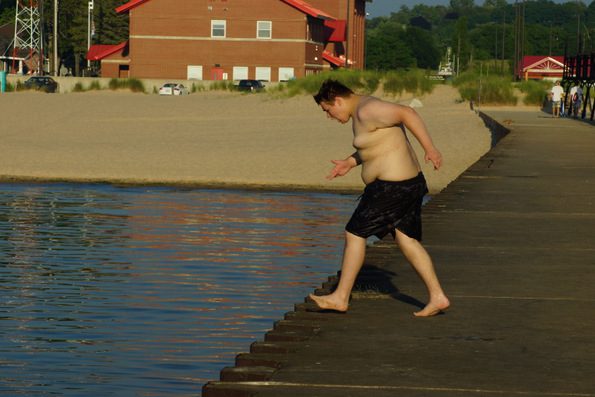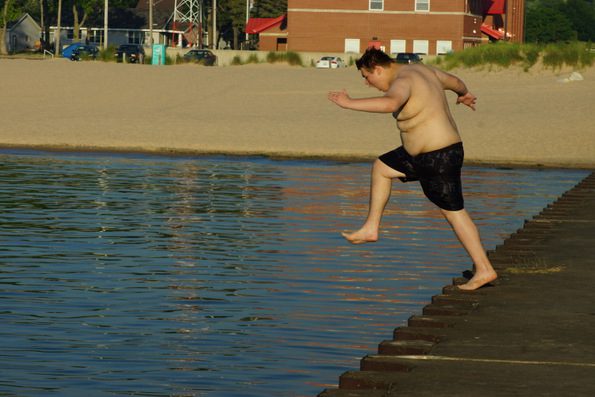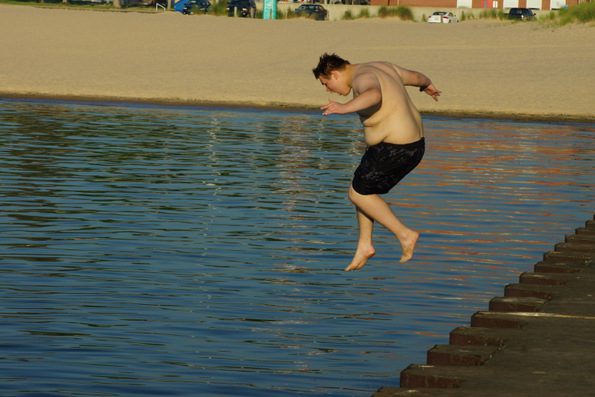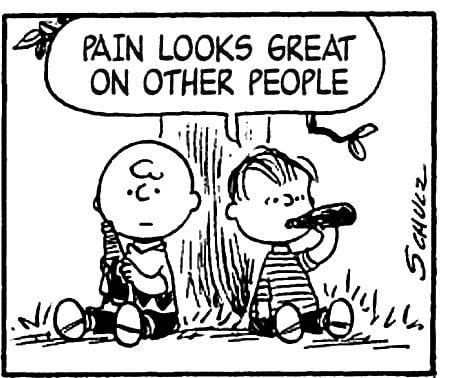
A year ago, I was diagnosed with gastroparesis — an incurable stomach disease. I have battled chronic illness and pain for years, thanks to fibromyalgia and osteoarthritis, along with herniated discs in my upper back and neck. Every day is a painful struggle for me. Gastroparesis is what I call a value-added disease. I was already sick enough before my gastroparesis diagnosis, and now every waking moment is a challenge.
I have lost 110 pounds over the past 18 months, primarily due to constant nausea, vomiting, and loss of appetite. (My weight loss has leveled off in recent months.) Eating food is one of the few joys I still have, yet gastroparesis is doing its damnedest to rob of my love for food. I feel so sorry for my wife. She will cook a wonderful meal which I either can’t eat or throw up after I eat it. Imagine going out to a fancy restaurant with your hot wife, only to not be able to eat or, if I do eat, feeling immediately nauseous — regardless of what type of food I am eating. I have developed coping skills to deal with nausea. Medicine helps too — sometimes. And . . . sometimes, no matter what I do, I end up with my face in a porcelain throne. I do my best to make it home before vomiting. I HATE having to use a public restroom.
For some people with gastroparesis, the symptoms become so severe that they decide to have a feeding tube installed. A drastic choice, to be sure. I know several people in their 20s who have feeding tubes — and will likely have them the rest of their lives.
Gastroparesis, also called stomach paralysis, causes all sorts of bowel problems. What should be a normal, daily activity becomes an adventure — and not a good one either.
What follows are four things I learned about shitting after being diagnosed with gastroparesis.
Trips outside of the home require knowing exactly where store/restaurant restrooms are located
You never know when you are going to have to shit. This past summer, we took a trip to Findlay to eat and hang out at Riverside Park. As we were walking in the park, I told Polly I need to find a bathroom — now. I mean right now. I made it to the bathroom and took care of business. As I walked out of the restroom, I had the most terrible feeling I have bowl-wise: the mother of all shits is coming. I quickly turned, saying no! no! no! Halfway into the restroom, I realized I wasn’t doing to make it. I quickly pulled my suspenders and pants down and boom! shit went everywhere. On the floor, on my shoes, on my pants, on my underwear, on my suspenders — everywhere. After I was done, I cleaned up the floor the best I could, silently saying sorry to the janitor who would later have to clean up after me. I rinsed out my clothes and wiped off my shoes and suspenders. I then walked out of the restroom, underwear in hand. I looked at Polly, handed her the underwear to put in a bag. No words were needed.
Several months ago, I had a similar experience at a Whole Foods store in Toledo. This time, I made it to the toilet, splattering shit all over the stool. I cleaned up my mess the best I could, once again saying sorry to the janitor who would later have to clean up after me.
I can have multiple bowel movements a day and then be constipated for a week
It should be IMPOSSIBLE for me to be constipated. I eat a fiber-rich diet. I take fiber twice a day and use stool softeners every night. Despite all of this, I can have diarrhea one day and then be constipated for a week. After two or three days of constipation, I typically resort to enemas (and cursing) to get things moving. Prior to being diagnosed with gastroparesis, I had normal, daily bowel movements.
I have learned farting can result in shitting
Earlier this week, Polly woke up in the dead of the night to find me cleaning the bed. What should have been an ordinary, routine fart turned into a shit. Insert jokes about shitting the bed here. At least I didn’t stumble and dump my urinal all over myself or on the bed.
I have learned my body will lie to me
I will have cramps, thinking I need to take a shit. Nothing. The next time I have cramps, I will have the mother of all bowel movements. With gastroparesis, there’s no reliable way to know when you should defecate.
And now you know the rest of the story. If you ever see me running through a local store, just remember this post. And . . . avoid the restroom for an hour or so. 🙂
Coming soon, my latest blockbuster book, Adventures in Shitting. 🙂
Bruce Gerencser, 66, lives in rural Northwest Ohio with his wife of 45 years. He and his wife have six grown children and thirteen grandchildren. Bruce pastored Evangelical churches for twenty-five years in Ohio, Texas, and Michigan. Bruce left the ministry in 2005, and in 2008 he left Christianity. Bruce is now a humanist and an atheist.
Connect with me on social media:
Your comments are welcome and appreciated. All first-time comments are moderated. Please read the commenting rules before commenting.
You can email Bruce via the Contact Form.


